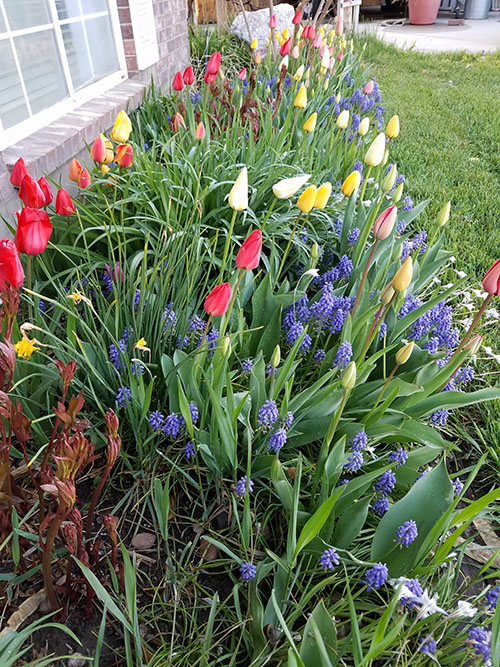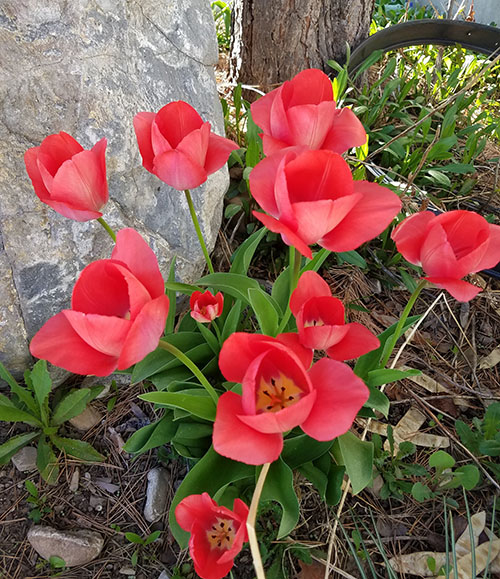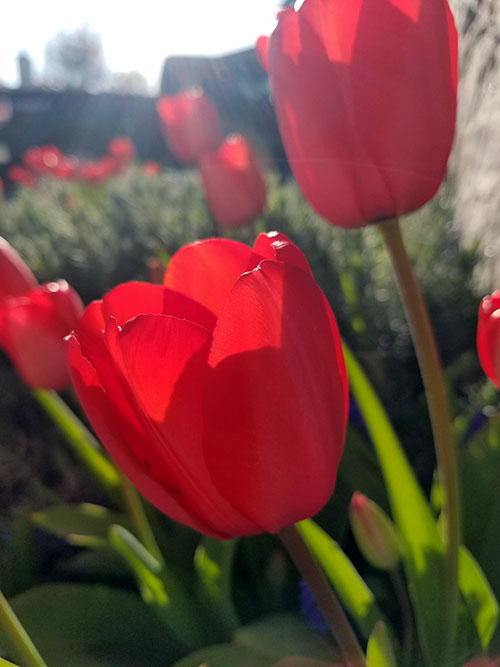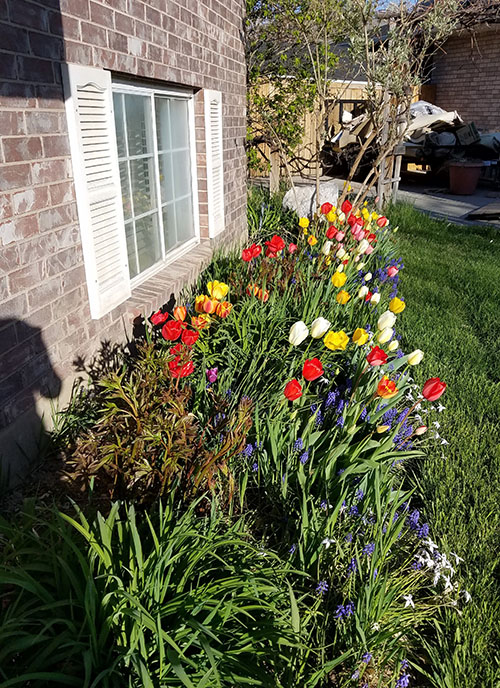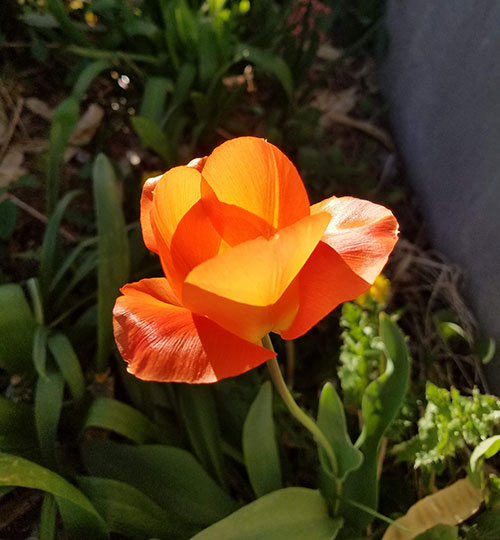Complicated Kindnesses
The first kindness arrives on my doorstep wearing a Christmas hat and smiling, standing a pandemically-correct six feet away from the door. She was my child’s primary teacher fifteen years ago and wants to reconnect with us now that she has moved back into the neighborhood. The person she remembers no longer exists. My child has changed their name to Lad and embraced a nonbinary gender identity, including the use of they/them pronouns. I want to give her the connection she needs, but I have to decide whether to disrupt her memory of my child, and possibly her binary worldview. The words “they go by Lad now” are easy to say, but saying the words opens a conversation far larger than a porch treat exchange.
I stand in the doorway between her and the inhabitants of my house, including Lad, now adult, but still living at home. I’ve held space for Lad before. Teenagers seek identity, to discover who they are. This important developmental task becomes exponentially harder when your body does not match your internal experience of yourself. It was years before any of us, including Lad, understood how gender dysphoria was complicating Lad’s ability to live, miring them in suicidal thoughts and depression. When Lad opted out of church, it was almost a relief that none of the youth leaders came to ask why. At the time I didn’t even know what the explanation was, just that my child needed space. So I defended their space. I sorted the people in Lad’s life into allies or obstacles; people who understood and adjusted to needs we couldn’t always define, or people incapable of comprehending gender or mental health issues no matter how much explanation I poured into their ears. Not knowing which the woman on my doorstep would be, I decide I am too tired to be an educator today. I thank her for the treat and remembrance. She waves a cheerful goodbye and leaves.
The next kindness comes in small packages left on our doorstep, holiday gifts from church leadership. I stand there looking at a card with the wrong name on it, printed from a database by a person who does not know our story. This gift is meant to make us feel part of the community. For me, that community is a refuge. For Lad… it is an alienation rather than a connection. Alienation was not always Lad’s experience with church. There were loving adults and friends, moments of joy. But once a person turns twelve, church participation becomes binary gendered. Lad traveled the expected track with an increasing sense that this was not their place, that the binary did not fit. Their choice was to press themselves into a false shape in order to stay, or to leave. Even after leaving, it took Lad years to find their name, their voice, themself and to be ready for that name to be known. When they finally were ready to tell people, we were in the middle of the first year of pandemic. Opportunities for sharing the name change were few. It is not the fault of church leaders that they do not know about Lad’s name switch. I quietly re-gift the offering, waiting for a less mass-produced opportunity to let people know Lad as they are.
The third kindness is my friend who texts me a passage in the updated handbook saying transgender members can update their membership record to their preferred name. This friend knows about Lad’s name switch and since her husband is ward clerk, he can update the record. In moments Lad’s name is in LDS Tools. The gender options are still binary, and we have to squeeze “they them pronouns” into a suffix field, but it is a start. With this small change my ward and neighborhood can begin to engage with the person Lad is now. The old name served well, but it is done. Becoming who we’re meant to be by acquiring a new name should be understandable for church members, a pathway to comprehension. Most of my neighbors only need an instructive map for how to welcome people who don’t fit their expectations. The updated handbook begins to teach how to be more welcoming, how to change expectations to have room for more people. Listing Lad’s name lets people come to me and ask for information when they are ready to know. At the very least it means the next automatically generated label for a gift will have the right name on it.
Lad is not likely to come back to church. Not unless church culture and doctrine changes more dramatically than is usual for a single person’s lifetime. I sometimes grieve that my cultural home was not a place my child could stay, but I must find peace with things as they are rather than holding happiness in wait for changes that may never come. God has told me that He loves Lad exactly as they are, because of who they are, and they will be welcomed in eternity. I don’t try to match the edges of this knowledge to doctrinal structures, instead I exercise faith in the goodness and fairness of God. Lad has other paths to connect with the divine and I am to stay with my people and my church. This is where I serve. This space in between. Sometimes that service is standing in the doorway to protect Lad from people who will judge and not understand. Other times I am a bridge, extending love and explanation to beloved community members who want to connect but don’t have the information to do so.
Kindness is sometimes packaged clumsily, but the intent is love, and love is the construction material of connection. With that love I work teach my people how to make room, so that some future child has a space where they can both be themselves and stay. This is the kindness I can offer in return for all the kindnesses that have been extended to me.
Note: The first reader for this essay was Lad, they gave edit notes and had veto power over the entire essay.
